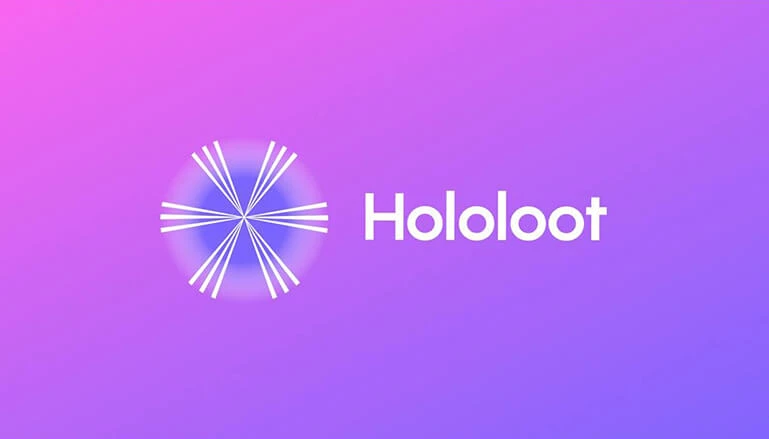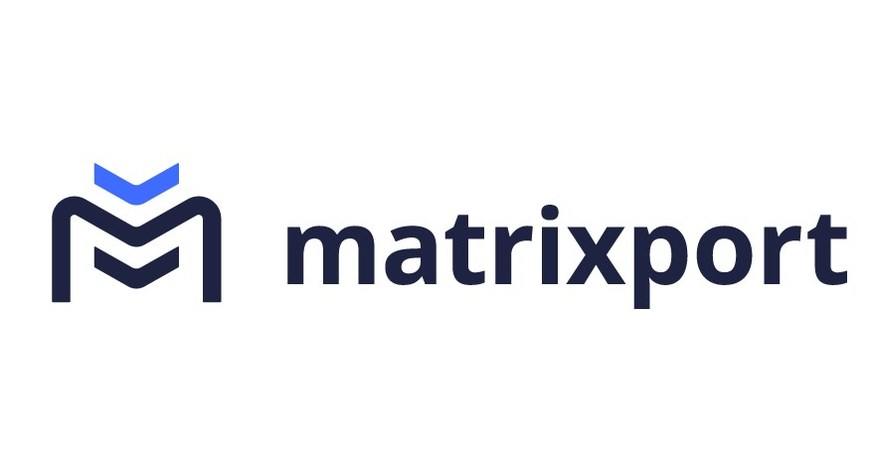The concept of a digital dollar has emerged as a focal point in the ongoing evolution of the financial landscape. A race is underway between the private sector, led by companies like PayPal, and the U.S. government to develop and integrate digital currencies. This article delves into the nuances of the Digital Dollar Dilemma. It also explores the motivations, strategies, and potential consequences of this competition for the broader cryptocurrency market.

The Private Sector’s Swift Innovations
Private sector entities, especially fintech giants like PayPal, have been quick to recognize the transformative potential of digital currencies. PayPal’s entry into the cryptocurrency space in 2020 allows users to buy, sell, and hold various cryptocurrencies. This marks a significant step in the industry’s evolution. Furthermore, the private sector’s agility and innovation have driven the rapid adoption of digital assets. It reflects the growing demand for alternative forms of currency.
- User Accessibility: Companies like PayPal have leveraged their existing user bases and widespread adoption to introduce digital currencies to millions of users. This accessibility has contributed to the normalization of digital assets in everyday financial transactions.
- Innovative Services: Fintech firms are developing innovative services around digital currencies, including peer-to-peer payments, decentralized finance (DeFi) applications, and even interest-bearing accounts for cryptocurrencies. These services aim to enhance the utility of digital currencies and integrate them seamlessly into users’ financial lives.
Government Caution and the Digital Dollar
Conversely, the U.S. government has approached the development of a digital dollar with caution,. They navigate the complex regulatory, economic, and geopolitical considerations.
- Regulatory Challenges: Government agencies, particularly the Federal Reserve, face the challenge of establishing a regulatory framework that ensures the stability, security, and legality of a digital dollar. Striking the right balance between fostering innovation and mitigating potential risks is a delicate task.
- Global Competitiveness: The U.S. government is mindful of the global competitive landscape, with other nations, notably China, making significant strides in the development of central bank digital currencies (CBDCs). Therefore, the digital dollar is seen as a crucial element in maintaining the U.S.’s position in the global financial system.
Potential Outcomes and Consequences
The competition between the private sector and the government in the digital currency space has several potential outcomes, each with its own implications for the crypto market.
- Collaboration or Competition: One potential scenario involves collaboration between the private sector and the government. This could see fintech firms working in tandem with regulatory bodies to establish a digital dollar framework that ensures compliance, security, and innovation.
- Government-Led Innovation: Alternatively, the U.S. government could take a more proactive role in leading the development of a digital dollar, potentially partnering with private sector entities but with a more centralized approach to ensure regulatory control and oversight.
- Market Fragmentation: If the private sector and the government pursue separate, conflicting paths, it could lead to market fragmentation. This could result in different standards, interoperability challenges, and varying levels of adoption, potentially hindering the widespread acceptance of digital currencies.
- Global Implications: Meanwhile, the outcome of the Digital Dollar Dilemma will have global implications. The U.S.’s approach to digital currency development will influence how other nations perceive and adopt digital currencies, shaping the future of the international financial landscape.
Conclusion
The Digital Dollar Dilemma encapsulates a critical juncture in the evolution of the financial system, where the private sector and government navigate the uncharted waters of digital currencies. The race between innovation and caution carries significant implications for the broader crypto market, influencing adoption patterns, regulatory frameworks, and the competitive dynamics between traditional financial institutions and emerging fintech players.
The ultimate resolution of this dilemma will likely involve a delicate balance between private-sector innovation and government oversight. Collaboration between these two forces may lead to a digital dollar that combines the efficiency and accessibility of private-sector solutions with the regulatory clarity and stability provided by government involvement. The evolving narrative of the Digital Dollar Dilemma underscores the need for adaptive and collaborative strategies to ensure the successful integration of digital currencies into the global financial ecosystem.
Personal Note From MEXC Team
Check out our MEXC trading page and find out what we have to offer! There are also a ton of interesting articles to get you up to speed with the crypto world. Lastly, join our MEXC Creators project and share your opinion about everything crypto! Happy trading! Learn about interoperability now!
Join MEXC and Get up to $10,000 Bonus!



